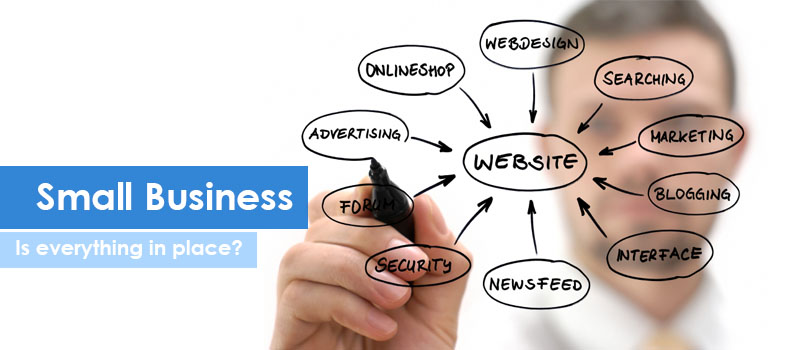
Before you can truly say you’re open for business, you must be certain that you have everything to properly conduct its day-to-day operations. Establishing credibility is
critical to the success of a new business so to be better prepared for that all-important first day, take a moment to review the list below so you’ll know what to have in place.
You’ll need a business tax ID number – Nine digits in length, it’s like a business’ social security number. The Federal Tax Identification Number (EIN) is provided by the IRS and is absolutely required by law.
Dedicate a phone number for your business– In addition to e-mail and social networking, you need a means for clients to contact you. Get a local line first but also consider a toll-free one that will help draw more out-of-town business.
Decide what type of business structure works best for you – Speak to an accountant or tax advisor to choose a business entity such as an LLC, S-Corporation, C-Corporation or Limited Partnership. Selecting the right type of business structure can help you tremendously when it’s tax time.
Launch a website – It’s all about the Internet these days so without a website, your company will not reach as many people. With a website and social media presence, your prospects can learn about you, your offerings and new product or service information.
Keep personal and business finances separate – To properly manage your company’s money matters, you’ll need to open a bank account just for your business.
Don’t forget those credit cards – Since virtually all business you’ll conduct will be online, set up a merchant account to accept credit card payments from your clients.
Your small business needs a credit card account too – To quickly manage transactions, you can’t beat a credit card. In many instances, your business oriented credit card will gain you higher limits, expense tracking and credit reporting.
Obtain a debit card for your small business – Debit cards save you money because you won’t have to write nearly as many checks. Just to be extra safe, talk to your bank on adding overdraft protection to the account associated with your debit card.
Develop a financial reserves strategy – You need to be prepared for unexpected expenses and emergencies. Business costs can be unpredictable at times and many business owners fail because they didn’t plan ahead.
